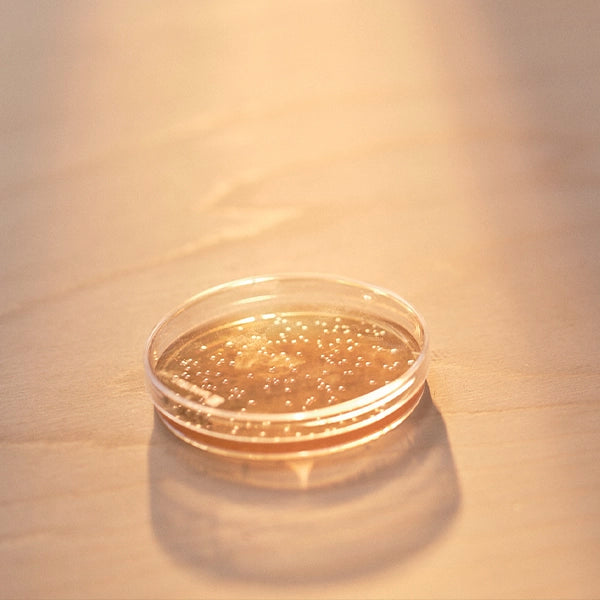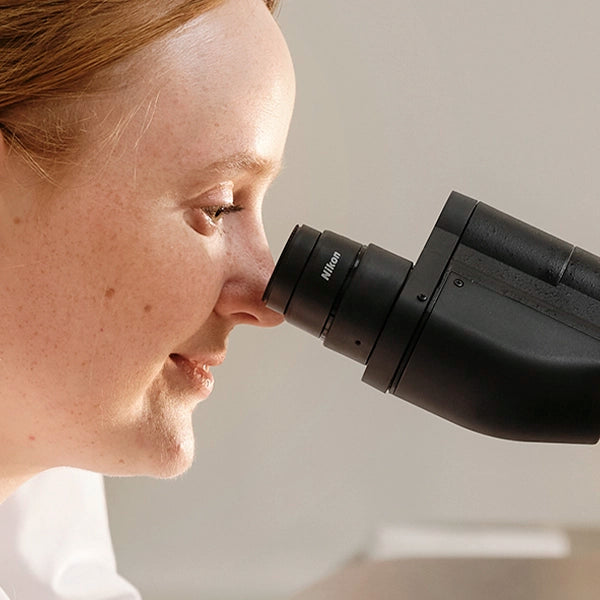The basics of gut health (and how to support yours!)


Basics of gut health
Our Chief Scientist Officer, Gianfranco Grompone, often highlights the fact that we're essentially walking microbial ecosystems. We are actually super organisms, hosting a myriad of microorganisms within and on our bodies.
And he's spot on. Your body is a bustling home to trillions of microorganisms, including a whopping 38 trillion bacteria. Collectively, these ‘good’ bacteria weigh around 1-2 kilograms.
Learn about gut health
This information is intended for educational purposes only and should not be considered medical advice.
Your amazing microbiome
Your microbiome is a world of its own—tiny but mighty, working around the clock to keep things in balance.
Your gut microbiota and microbiome
Together, all the microorganisms in your body, including bacteria, yeast, fungi, viruses and parasites, make up your microbiota. And this community of microorganisms (ie, all the microorganisms that can usually be found living together in any given habitat), and their “theatre of activity” (ie, not just that they are there, but also how they coexist and function together) is what we mean by the term microbiome.
Approximately 90-95% of these microorganisms can be found in our gastrointestinal tract, or what we commonly call our gut. The gut flora, or microbiota, consists of trillions of bacteria belonging to thousands of different species.
Microbiome magic!
Your microbiome is a world of its own—tiny but mighty, working around the clock to keep things in balance. This community of microbes is as unique as you are, constantly adapting and evolving. Scientists are only beginning to uncover its complexity, but one thing is clear: your microbiome is truly amazing!

Gut health throughout life
Our gut microbiota is like a fingerprint, unique and constantly changing throughout our lives. From infancy, when it's shaped by what we eat and our environment, to adulthood, when diet and lifestyle play a big role, our gut microbes influence our health in many ways.
At any age, supporting of our gut health through diet and other lifestyle choices can benefit our overall well-being.
Read about baby gut health
Gut check: Amazing facts
Your gut, or gastrointestinal tract actually starts in your mouth and extends all the way through your oesophagus, to your stomach and small and large intestines.
It is nine metres long and thanks to its 800-900 folds, it would cover half a tennis court if you laid it out flat.
This makes your gut by far the largest contact surface your body has with the outside world.
Four science-supported ways to maintain your gut health
1. Diversify Your Diet
Incorporate a wide variety of fruits, vegetables, whole grains, and legumes into your diet to promote diversity in your gut microbiota. Aim for a rainbow of colors on your plate to ensure you're getting a broad range of nutrients and fiber that feed beneficial bacteria. Add a splash of fermented foods as well.
2. Consider probiotics
Probiotic supplements can support your gut health by adding a dose of friendly bacteria for a balanced microbiome. These supplements help maintain the friendly bacteria, supporting digestion and when with Vitamin D, supporting your immune system.
3. Manage Stress
We all know chronic stress isn’t good for us, so to maintain your gut health, practice stress-reduction techniques such as mindfulness meditation, deep breathing exercises, yoga, or spending time in nature.
4. Stay Hydrated and Limit Sugary Foods
Adequate hydration is essential for maintaining a healthy gut environment. Additionally, excessive consumption of sugary foods and beverages can disrupt the balance of gut bacteria and promote the growth of harmful microbes. Opt for water as your go-to beverage.
Learn more about probiotics
This information is intended for educational purposes only and should not be considered medical advice. The article does not imply that any substance mentioned is intended for the diagnosis, cure, treatment, or prevention of any disease.


